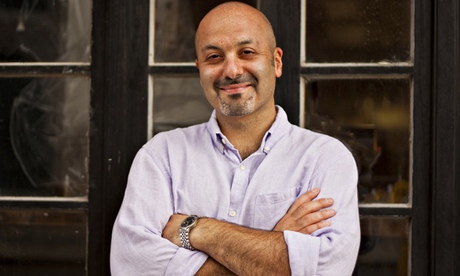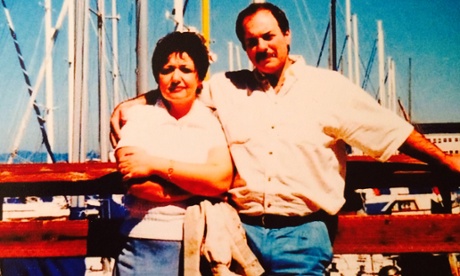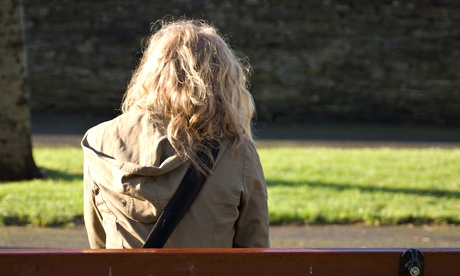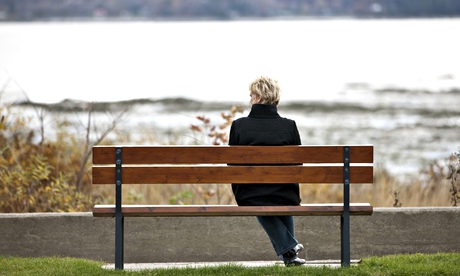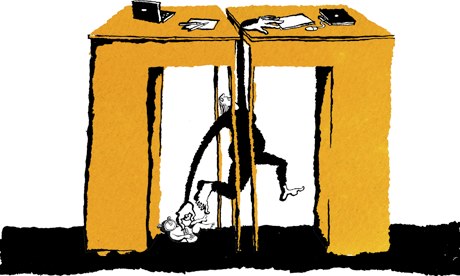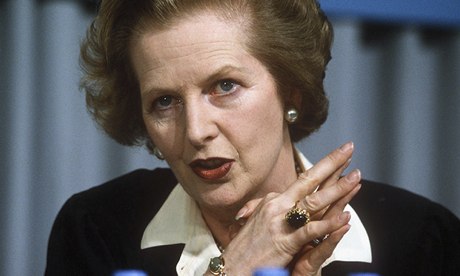Steve Conor in The Independent
The global human population is “locked in” to an inexorable rise this century and will not be easily shifted, even by apocalyptic events such as a third world war or lethal pandemic, a study has found.
There is no “quick fix” to the population time-bomb, because there are now so many people even unimaginable global disasters won't stop growth, scientists have concluded.
Although measures designed to reduce human fertility in the parts of the world where the population growth is fastest will eventually have a long-term impact on numbers, this has to go hand-in-hand with policies aimed at reducing the consumption of natural resources, they said.
Two prominent ecologists, who normally study animal populations in the wild, have concluded that the number of people in the world today will present one of the most daunting problems for sustainable living on the planet in the coming century – even if every country adopts a draconian “one child” policy.
“The inexorable demographic momentum of the global human population is rapidly eroding Earth’s life-support system,” say Professor Corey Bradshaw of the University of Adelaide and Professor Barry Brook of the University of Tasmania in their study, published in the journal Proceedings of the National Academy of Sciences.
“Assuming a continuation of current trends in mortality reduction, even a rapid transition to a worldwide one-child policy leads to a population similar to today’s by 2100,” they say.
“Even a catastrophic mass mortality event of 2bn deaths over a hypothetical window in the mid-21st century would still yield around 8.5bn people by 2100,” they add.
There are currently about 7.1bn people on Earth, and demographers estimate that this number could rise to about 9bn by 2050 - and as many as 25bn by 2100, although this is based on current fertility rates, which are expected to fall over the coming decades.
 The number of people in the world today will present one of the most daunting problems for sustainable living on the planet in the coming century (Getty)
The number of people in the world today will present one of the most daunting problems for sustainable living on the planet in the coming century (Getty)
Professor Bradshaw told The Independent that the study was designed to look at human numbers with the insight of an ecologist studying natural impacts on animals to determine whether factors such pandemics and world wars could dramatically influence the population projections.
“We basically found that the human population size is so large that it has its own momentum. It’s like a speeding car travelling at 150mph. You can slam on the brakes but it still takes time to stop,” Professor Bradshaw said.
“Global population has risen so fast over the past century that roughly 14 per cent of all the human beings that have ever lived are still alive today – that’s a sobering statistic,” he said.
 “We examined various scenarios for global human population change to the year 2100 by adjusting fertility and mortality rates to determine the plausible range of population sizes at the end of the century.
“We examined various scenarios for global human population change to the year 2100 by adjusting fertility and mortality rates to determine the plausible range of population sizes at the end of the century.
“Even a worldwide one-child policy like China’s, implemented over the coming century, or catastrophic mortality events like global conflict or a disease pandemic, would still likely result in 5bn to 10bn people in 2100,” he added.
The researchers devised nine different scenarios that could influence human numbers this century, ranging from “business as usual” with existing fertility rates, to an unlikely one-child-per-family policy throughout the world, to broad-scale global catastrophes in which billions die.
“We were surprised that a five-year WWIII scenario mimicking the same proportion of people killed in the First World War and Second World War combined, barely registered a blip on the human population trajectory this century,” said Professor Brook.
Measures to control fertility through family planning policies will eventually have an impact on reducing the pressure on limited resources, but not immediately, he said.
“Our great-great-great-great-grandchildren might ultimately benefit from such planning, but people alive today will not,” Professor Brook said.
Simon Ross, the chief executive of the charity Population Matters, said that introducing modern family planning to the developing world would cost less than $4bn – about one third of the UK’s annual aid budget.
“So, while fertility reduction is not a quick fix, it is relatively cheap, reliable, and popular with most, with generally positive side effects. We welcome the recognition of the potential of family planning and reproductive education to alleviate resource availability in the longer term,” Mr Ross said.
